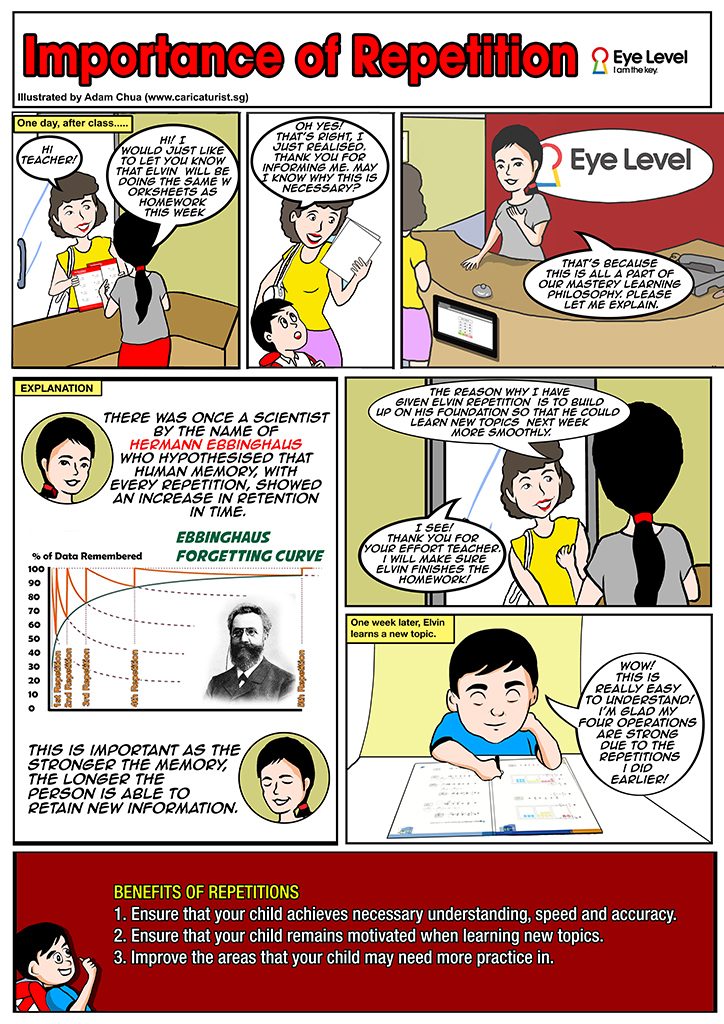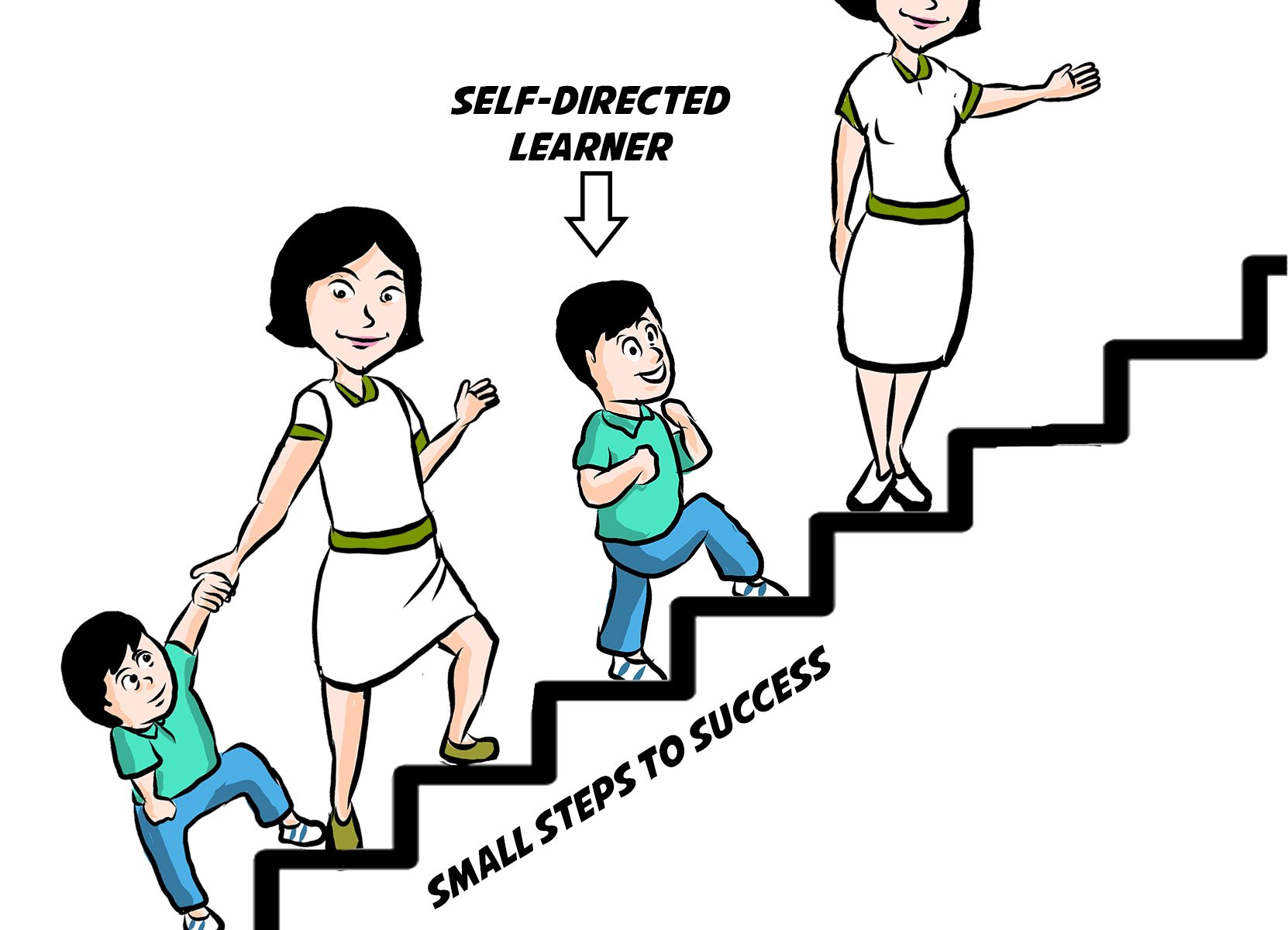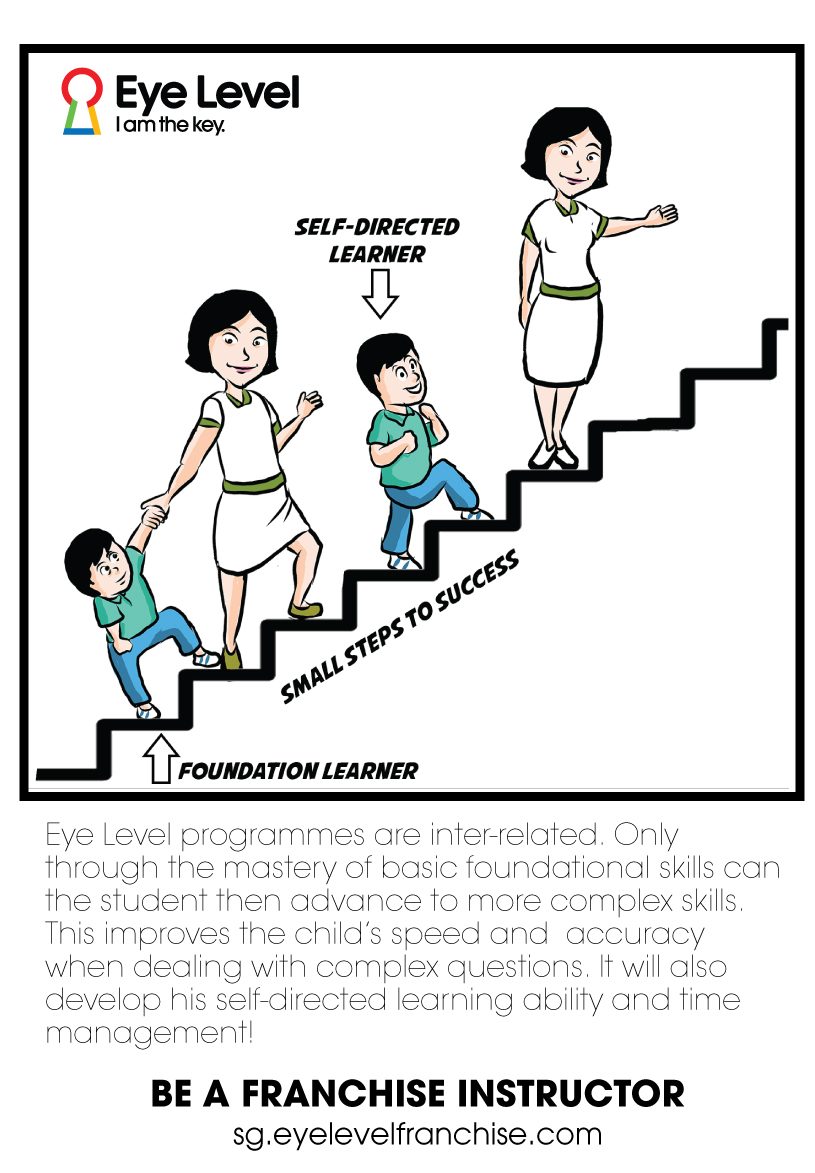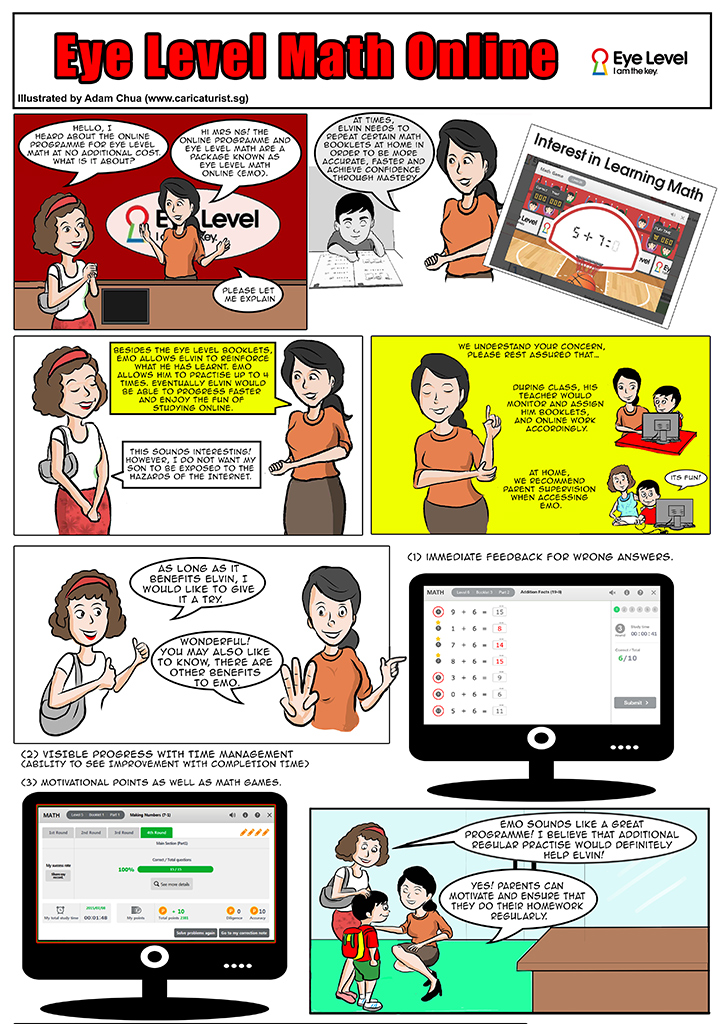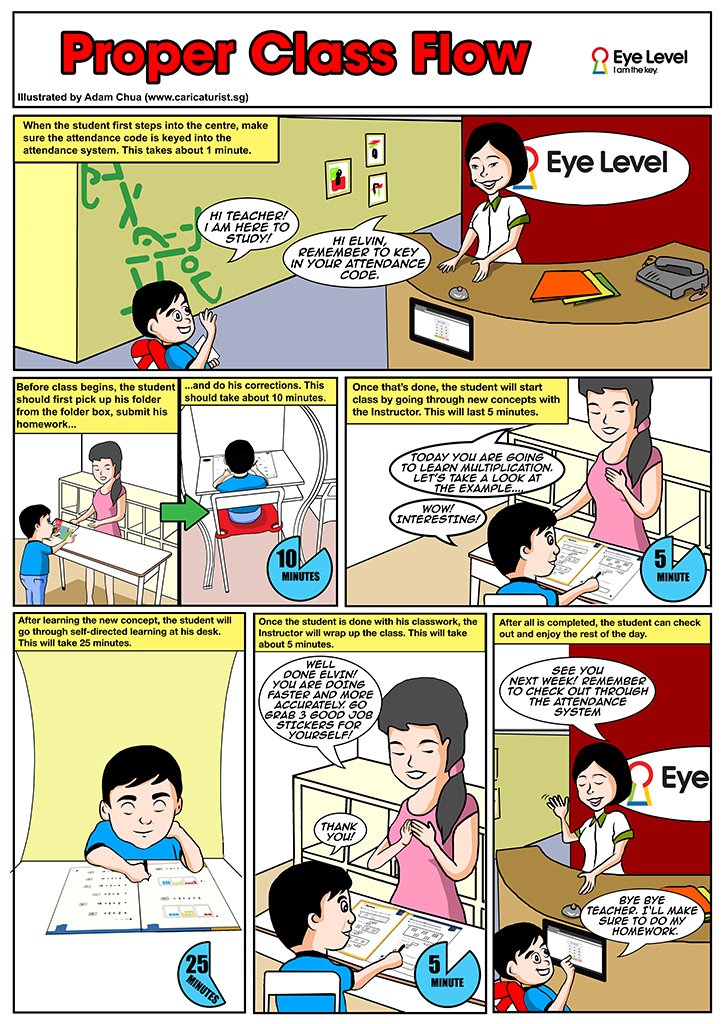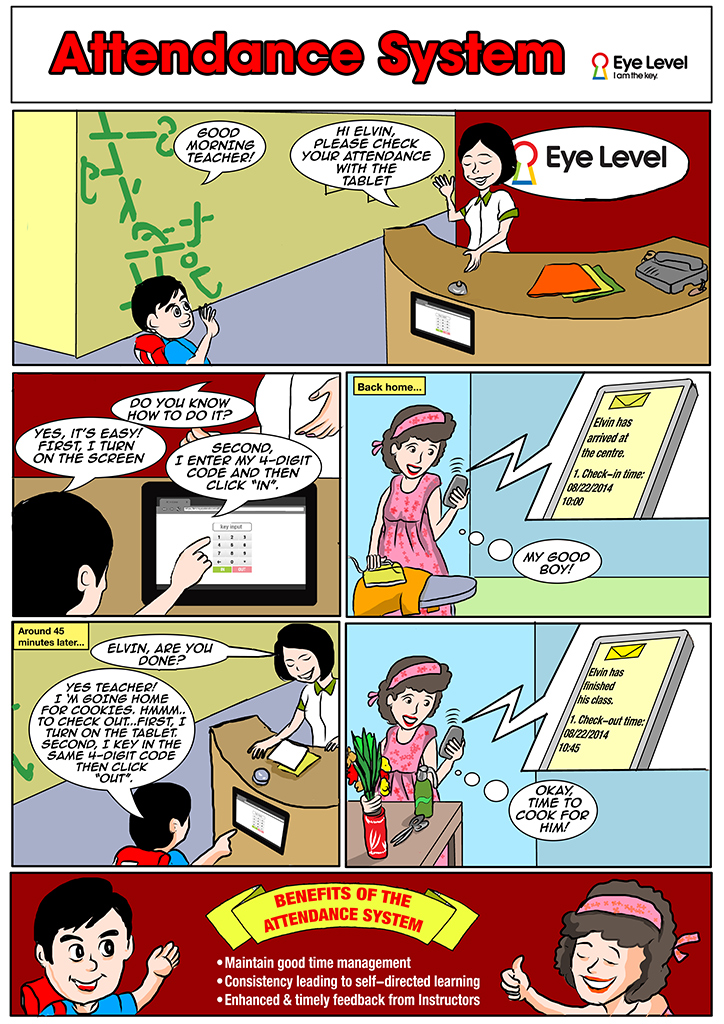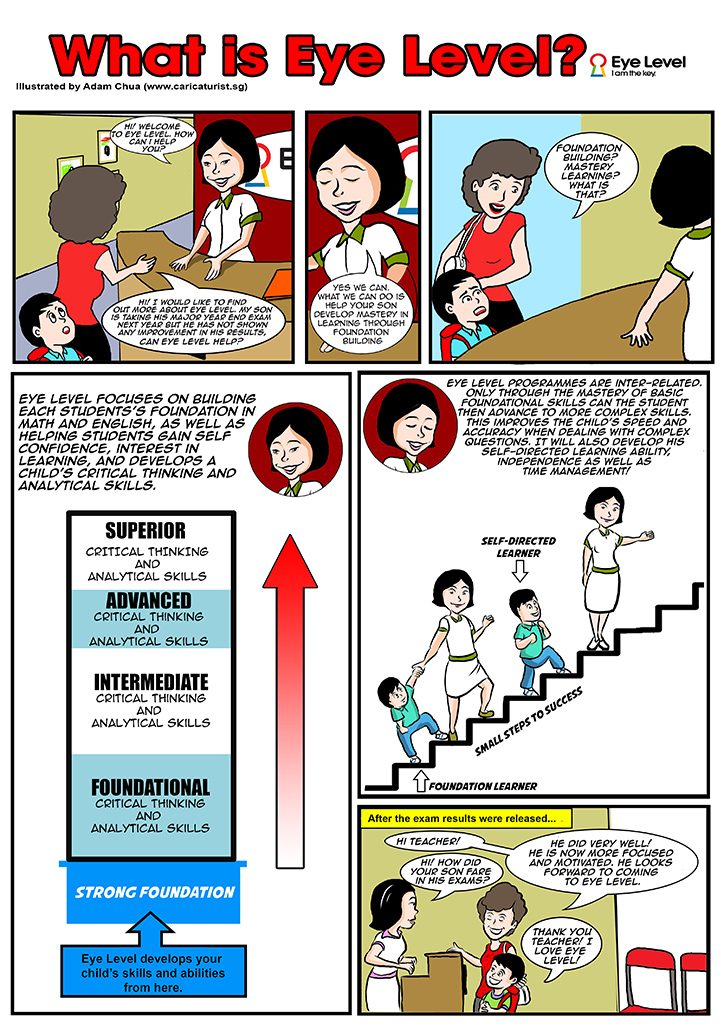
Eye Level Maths: A Foundation for Mathematical Mastery through Self-Directed Learning
Eye Level Maths is a comprehensive math program designed to foster mathematical proficiency in children. It goes beyond rote memorisation and focuses on developing critical thinking, problem-solving skills, and a deep understanding of mathematical concepts. One of the key elements that sets Eye Level Maths apart is its emphasis on self-directed learning.
Self-directed learning is a pedagogical approach that empowers learners to take ownership of their education. It encourages active exploration, critical thinking, and problem-solving, fostering a lifelong love of learning. Eye Level Maths aligns seamlessly with this philosophy by providing a structured yet flexible learning environment that allows children to progress at their own pace.
Key Features of Eye Level Maths:
- Individualised Learning Plans: Each child receives a customised learning plan based on their current skill level. This ensures that they are neither bored nor overwhelmed, as they can progress at their own pace.
- Self-Paced Learning: Children can work through the materials at their own speed, giving them a sense of control over their learning.
- Critical Thinking Development: Eye Level Maths emphasises critical thinking skills. Through engaging activities and problem-solving exercises, children are encouraged to analyse information, evaluate arguments, and draw conclusions.
- Positive Reinforcement: The program fosters a positive and supportive learning environment, rewarding children for their efforts and achievements.
Benefits of Eye Level Maths:
- Strong Foundation in Mathematics: Eye Level Maths helps children build a solid understanding of mathematical concepts, preparing them for future academic success.
- Improved Problem-Solving Skills: The program develops critical thinking and problem-solving abilities, which are essential for success in various fields.
- Increased Confidence: As children progress through the program and achieve success, they develop confidence in their mathematical abilities.
- Lifelong Learning: Eye Level Maths fosters a love of learning that can extend beyond mathematics, setting the stage for lifelong success.
How Eye Level Maths Works:
- Diagnostic Test: Children undergo an initial assessment to determine their current skill level.
- Personalized Learning Plan: Based on the assessment results, a personalized learning plan is created.
- Self-Paced Learning: Children work through the materials at their own pace, with guidance from trained instructors.
- Regular Progress Checks: Children’s progress is monitored regularly to ensure that they are staying on track and receiving the necessary support.
If you’re looking for a math program that can help your child develop a strong foundation in mathematics and build confidence in their abilities, Eye Level Maths is an excellent choice.
With its personalised approach and emphasis on critical thinking, Eye Level Maths can set your child up for success in school and beyond.


